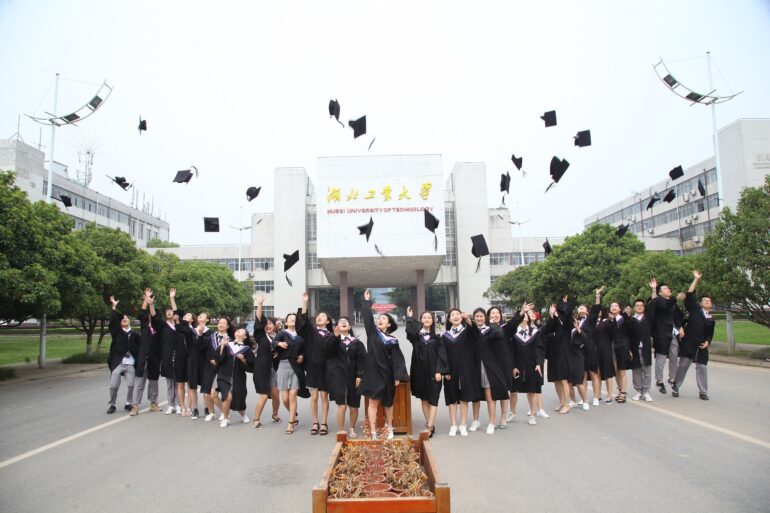TL;DR:
- AI is reshaping job hunting and skill development, challenging the dominance of traditional four-year college degrees.
- LinkedIn emphasizes the need for up-skilling investments over degrees in AI-driven workplaces.
- AI-powered LinkedIn features focus on natural language searches, soft skills, and tailored roles for candidates.
- Soft skills are gaining prominence as routine tasks get automated; 72% of executives value them more than AI skills.
- Critics argue against over-credentialing and advocate for recognizing alternative skill sets in candidates.
- Despite these changes, there is still an earnings gap between those with and without four-year degrees.
Main AI News:
Artificial Intelligence (AI) is ushering in a transformative era, not only reshaping industries but also redefining how we perceive education and employment. In this digital age, the traditional four-year college degree, long considered the golden ticket to success, faces the threat of being dethroned by AI-driven changes in job hunting and skill development. LinkedIn, a leading player in the professional networking space, has sounded the alarm, urging employers to prioritize up-skilling investments over degrees. This paradigm shift in the employment landscape has far-reaching implications for the future of education, job markets, and workforce development.
The Changing Landscape
AI-driven workplaces are reshaping the way employers assess and value potential candidates. The days when a four-year college degree was a ticket to employment security are waning. Instead, employers are increasingly focusing on the broader set of skills and capabilities individuals bring to the table. This shift is evident in LinkedIn’s recent pitch to top recruiters, advocating that up-skilling investments be treated as a “critical priority” rather than a mere perk.
LinkedIn’s AI-Powered Initiatives
LinkedIn’s response to this shift is evident in the release of several AI-powered product features. These initiatives include AI-assisted candidate discovery for recruiters, which emphasizes natural language searches, reduces reliance on traditional university credentials, and focuses on tailoring roles to candidates’ strengths and constraints. Additionally, LinkedIn Learning offers AI-powered coaching services, providing guidance to workers as they navigate career development and tackle challenging career moments.
The Value of Soft Skills
As AI continues to automate routine tasks and certain knowledge-based activities, the value of soft skills and “human and people-oriented skills” is on the rise. LinkedIn CEO Ryan Roslansky highlights that 72% of American executives surveyed by the platform believe that soft skills are more valuable to their organizations than AI skills. This underscores the importance of emotional intelligence, communication, adaptability, and creativity in an evolving job market.
The Campaign Against
Over-Credentialing: AI’s influence on the employment landscape has sparked discussions about over-credentialing. Critics argue that insisting on a four-year degree for jobs that do not necessarily require it can result in missed opportunities and financial inefficiency. Gerald Chertavian, founder and CEO of YearUp, a non-profit organization, emphasizes the importance of recognizing and valuing alternative skill sets in candidates. Byron Auguste, CEO and co-founder of Opportunity @ Work, echoes this sentiment, questioning why employers would ignore the skill sets of more than half the population when recruiting.
The Reality Check
While the discussion surrounding the declining importance of four-year degrees in the AI era is gaining momentum, it’s essential to acknowledge the existing economic disparities. As of 2021, there was still a growing earnings gap between individuals with four-year degrees and those without. Furthermore, the unemployment rate for college graduates remained lower than that of Americans without degrees, according to Pew Research.
Conclusion:
AI’s influence is shifting the focus from traditional degrees to a broader skill set. Employers are urged to prioritize up-skilling, emphasizing soft skills in an evolving job market. However, economic disparities persist, underscoring the ongoing relevance of four-year degrees in certain contexts. The market should adapt to this changing landscape by recognizing alternative paths to professional success and fostering skill diversity.

